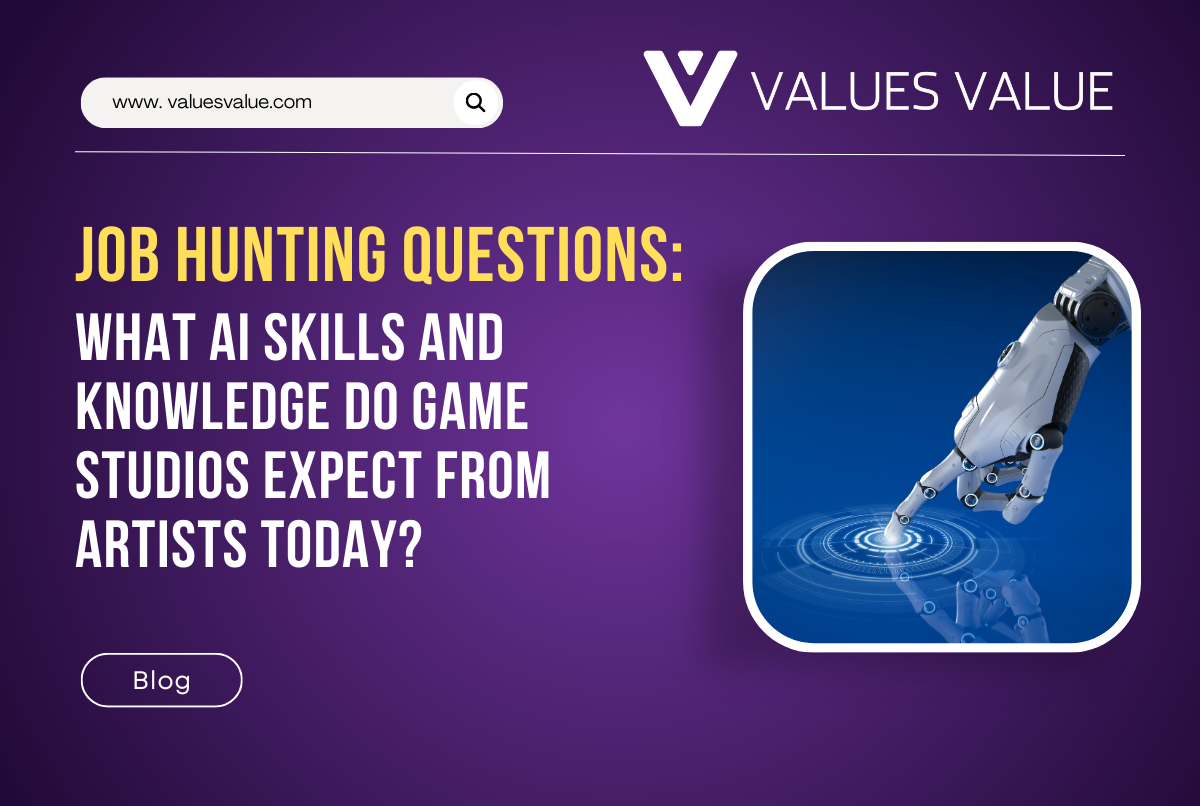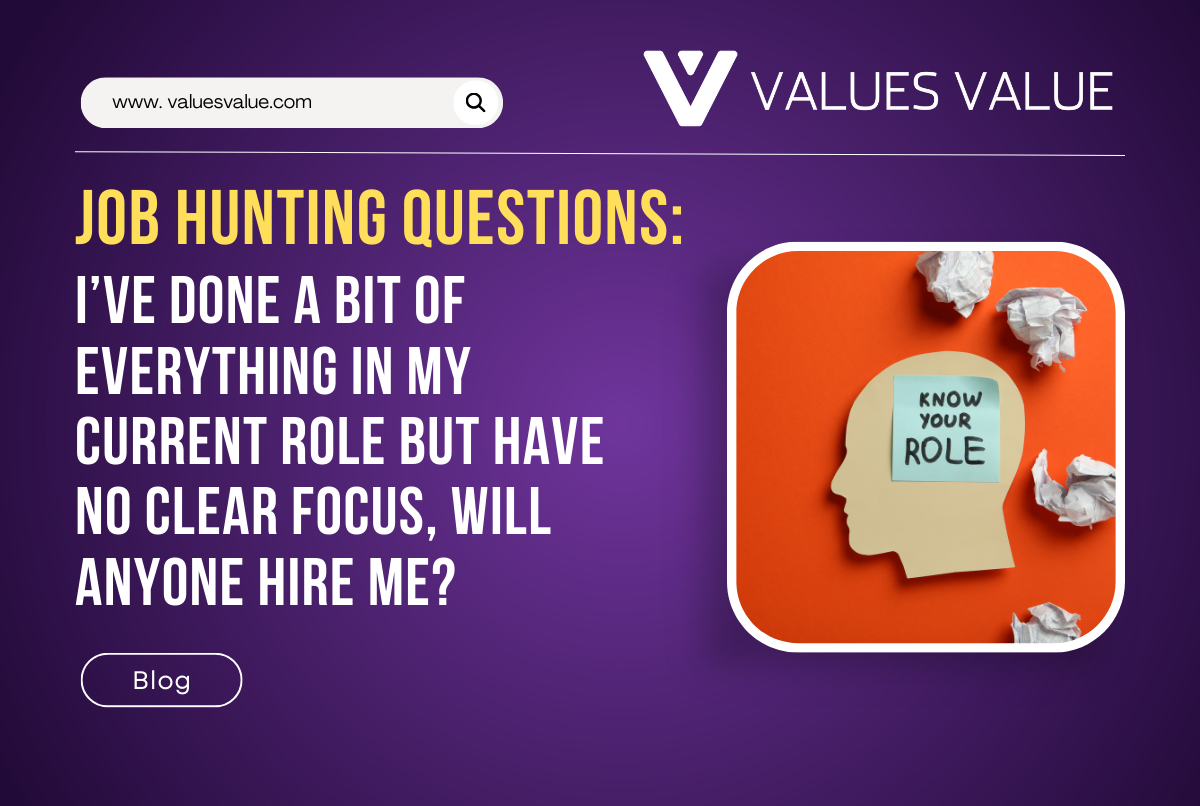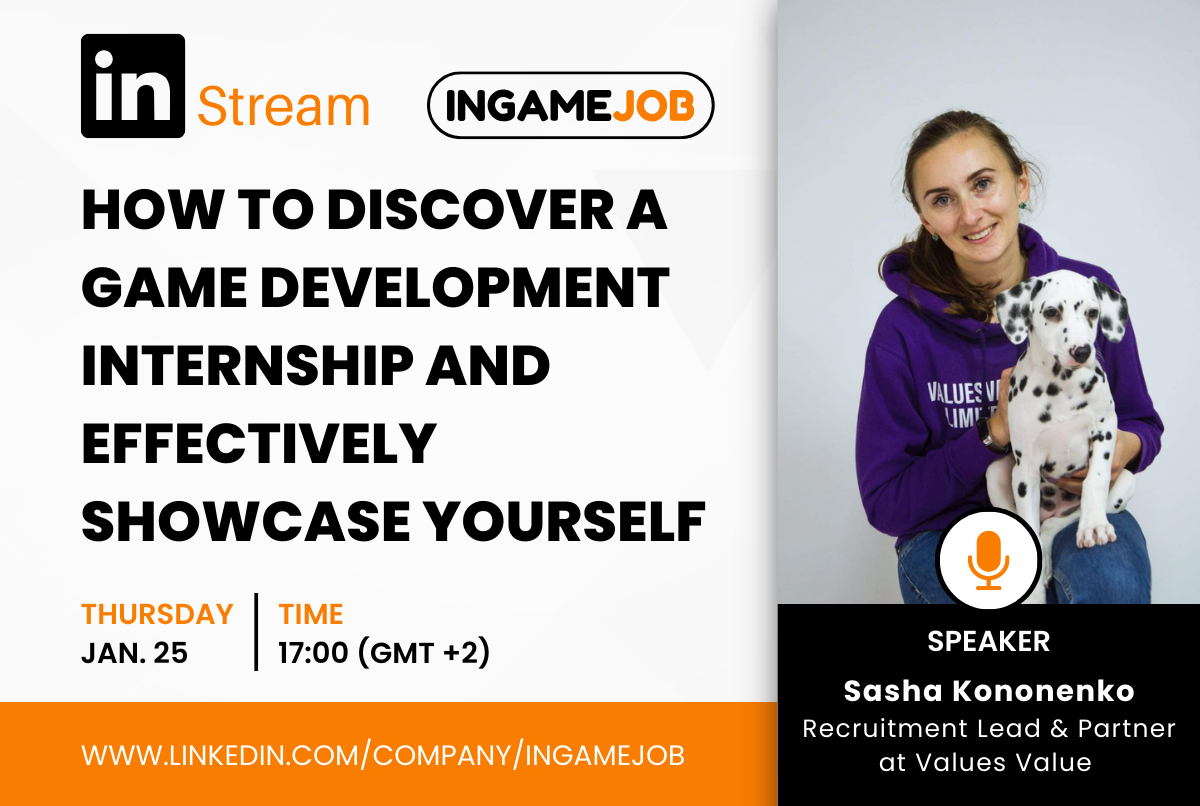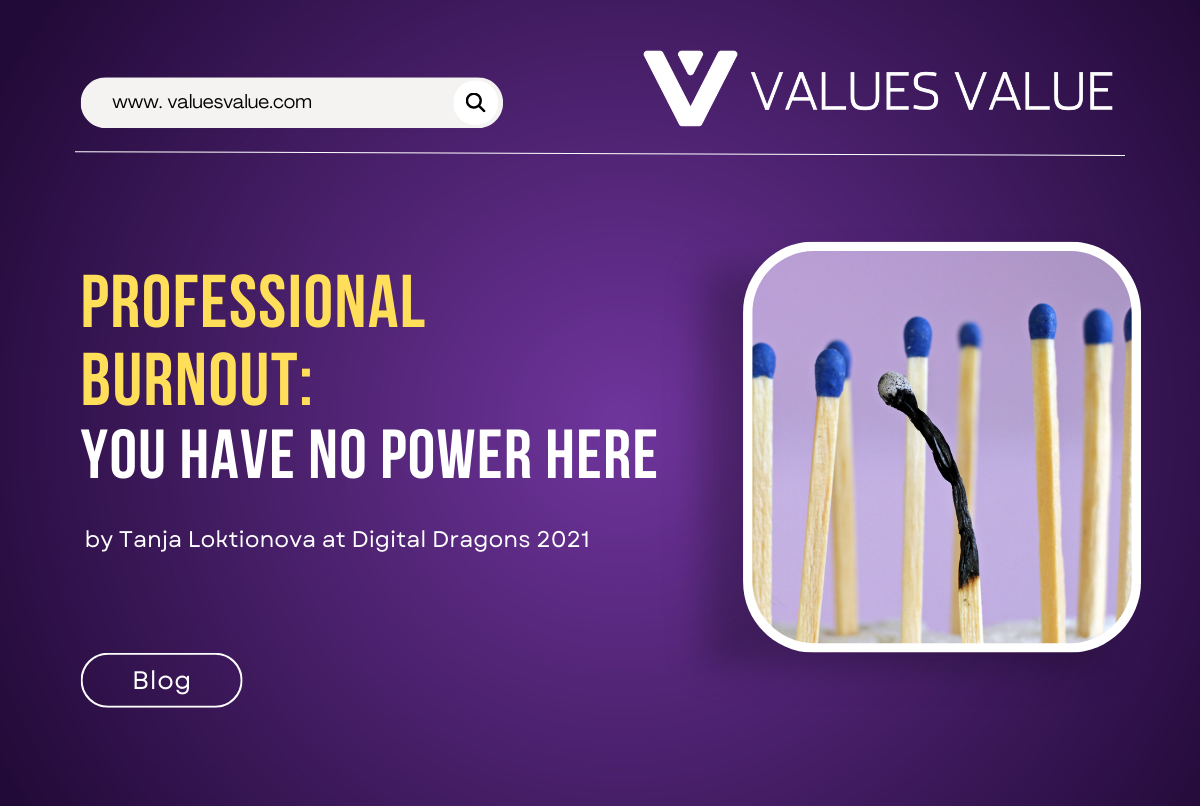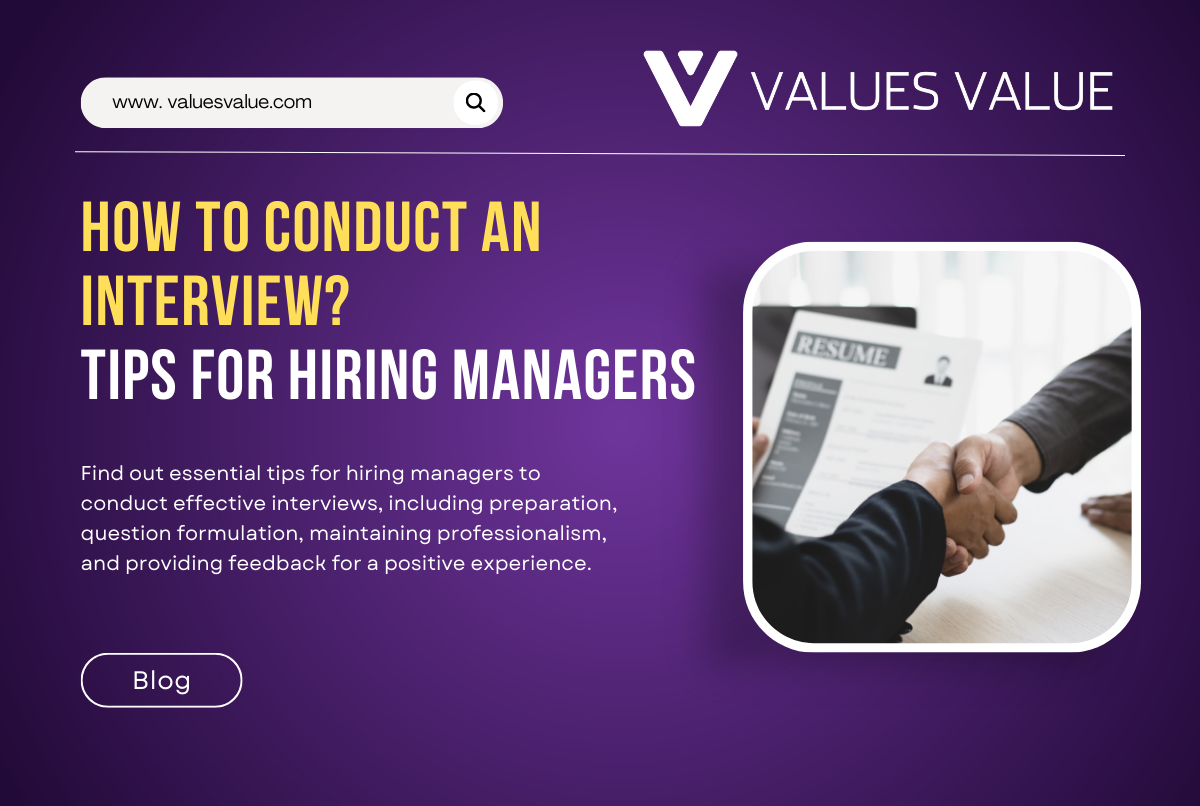 In this article, you’ll find valuable insights on:
In this article, you’ll find valuable insights on:
- Preparing for conducting an interview effectively.
- Formulating compelling questions for candidates.
- Exploring practical tips to ensure successful job interview experiences.
How to prepare for conducting an interview if you are a hiring manager:
- Make sure that in the previous stage of the interview, the recruiter/HR provided all the important information about the company and the project. Be prepared to answer questions that the candidate may not have asked the recruiter. It might be worth providing a bit more detail about the team as well. Sometimes we see that the hiring manager cannot sell the project. Prepare the answers why it’s a cool place to work at.
- Start by clearly defining the tasks and responsibilities that the hired specialist should fulfill. It would be helpful to jot down this list.
- Next to each task/responsibility, write down the knowledge and experience that the employee should possess to perform them.
- Formulate questions that will help assess these knowledge and skills.

Recommendations for formulating questions:
- Avoid asking questions that won’t provide useful information for the job. Specificity is crucial.
- Don’t duplicate the questions that HR/recruiter asked previously, it can be annoying for the candidate to tell the same things all over again.
- Steer clear of broad questions like “Tell me about yourself” that can disorient nervous candidates. Instead, ask specific, narrow questions. You can keep the question like “Tell me about yourself” for a C-level position, where you can check this way how a specialist structures their experience and sells their skills and competences.
- Avoid prompting or hinting at possible answers in your questions. They should be neutral and free of answer options.
- Use Behavioral Questions. Behavioral questions are effective in assessing a candidate’s past behavior and performance, which can be indicative of future success. Ask candidates to provide specific examples of how they handled certain situations in their previous roles. For example, instead of asking, “Are you a good team player?” you can ask, “Tell me about a time when you had to collaborate with a difficult team member and how you resolved the situation.”
- Leave psychological assessments to HR.

Tips For Conducting Effective Job Interviews
- Be Mindful of Feedback: It is crucial to avoid any form of negative criticism when assessing a candidate’s answers. Refrain from displaying disapproval through gestures, words, or facial expressions. Even if a candidate provides an incorrect response, maintain a calm demeanor and express gratitude, saying something like “thank you.” Remember, it is essential to maintain a polite and respectful atmosphere throughout the interview, ensuring that candidates feel valued regardless of their answers. The interview is also an opportunity to enhance your company’s HR brand. You should create a positive image of the company and leave a positive impression on the candidate, even if you ultimately don’t hire them.
- Active Listening: During the interview, make sure to actively listen to the candidate’s responses. Maintain eye contact, nod in agreement, and show genuine interest in what they are saying. This not only helps you gather valuable information but also makes the candidate feel heard and respected.
- Keep it Timely: It’s best not to prolong the interview as this may create a negative impression on the candidate and disrupt their plans. Stick to the allotted time and stay on schedule.
- Control the Process: As the interviewer, you have the right to politely interrupt the candidate if you are convinced that they know or do not know the answer to a question. If the candidate is talkative or goes off on a tangent, it’s okay to redirect them back to the topic and maintain control of the conversation.
- Maintain Confidentiality: If you discover that the candidate is your friend, former colleague, or has mutual acquaintances, etc., do not reveal that they were interviewed by you in the company. This is professional etiquette and maintains confidentiality.
- Take Notes: Jot down key points and observations during the interview. This will help you remember important details later when comparing candidates and making a hiring decision. It also demonstrates your attentiveness and professionalism.
- Give Candidates an Opportunity to Ask Questions: Towards the end of the interview, allow candidates to ask questions about the company, role, or anything else they may be curious about. This not only helps them gather information but also shows their level of interest and engagement. Be prepared to provide clear and concise answers to their inquiries.
- Adherence to NDA: It is important to adhere to non-disclosure agreement and only disclose information about the project that is allowed. However, it’s also important not to create an atmosphere of secrecy by saying nothing at all. Determine the acceptable minimum that will create an impression and provide an understanding of what the candidate will be working with. For example, instead of naming a specific game, you can name the genre in general and briefly describe the style without revealing its uniqueness and main features.
- Salary: When a candidate discloses their financial expectations, it’s important to perceive this information objectively. Negotiating during the interview is not appropriate. Simply take note of this information and make a decision based on all the factors, whether the candidate is suitable for the position or not.
- Ending the Interview Early: If during the interview it becomes clear that the candidate is not suitable, it’s possible to end the interview early. It’s polite and professional to indicate that you see that the candidate lacks important skills and that it’s not necessary to continue the interview in this situation. You can provide recommendations for development and training if the candidate wants to improve their skills to qualify for the position. If the candidate lacks technical skills, it’s possible to agree to speak again in a year. However, if the candidate is not suitable based on soft skills, it’s possible to end the interview earlier. Remember the HR brand and use appropriate wording that should not offend the candidate.
- Follow Up: After the interview, it’s important to follow up with candidates, whether they were successful or not. Promptly inform them of the decision and provide constructive feedback if possible. This shows professionalism and respect for their time and effort. Additionally, keeping candidates informed about the hiring process can enhance your company’s reputation and help attract top talent in the future.
- Small Details Matter: It’s important to arrive on time, look neat, and avoid engaging in parallel messaging or giggling. Ask if a candidate doesn’t mind if you smoke, don’t start smoking without saying a word. These may seem trivial, but in our experience, many hiring managers have been guilty of these mistakes.

In conclusion, conducting an effective interview requires careful preparation, thoughtful questioning, and maintaining a respectful and professional atmosphere. By following these tips, hiring managers can make informed decisions and create a positive experience for both the candidates and the company.
Looking for a recruitment partner?
Values Value is a team of game development recruiting experts.
Since 2017, we have been helping video games industry companies to hire entire teams, headhunt top-level talents, study the labor market and salaries in the industry.
Our recruitment agency focuses on result, speed and top-notch recruitment processes.
The candidate is our core value, as a game recruitment agency we stand up for the employee’s right to decent working conditions and a comfortable job change process. We love games and believe that by matching game dev talents with great companies players get more chances to enjoy top games.

